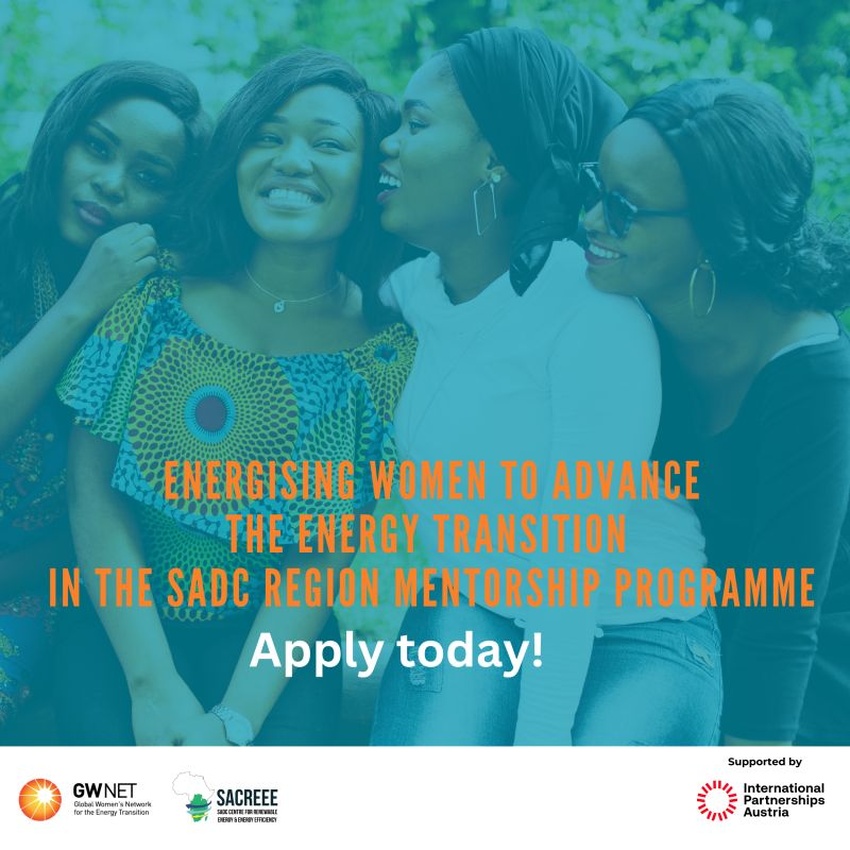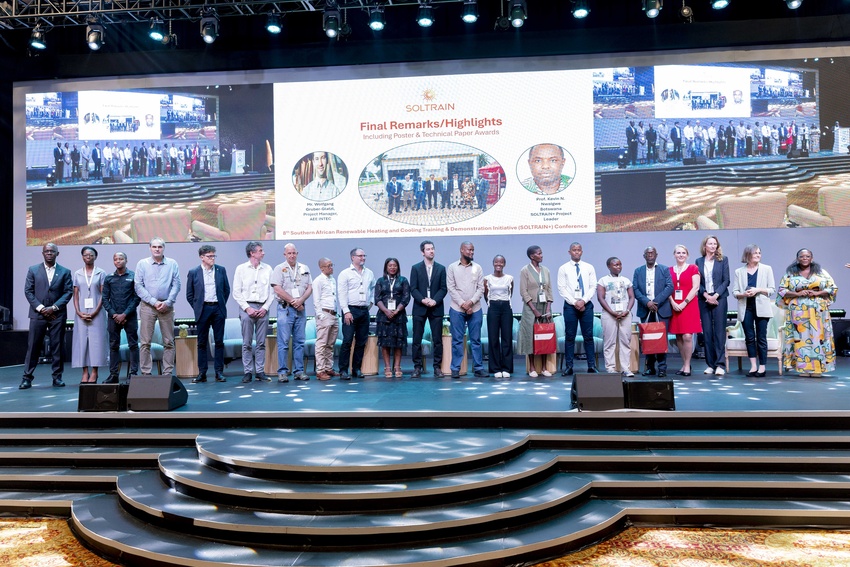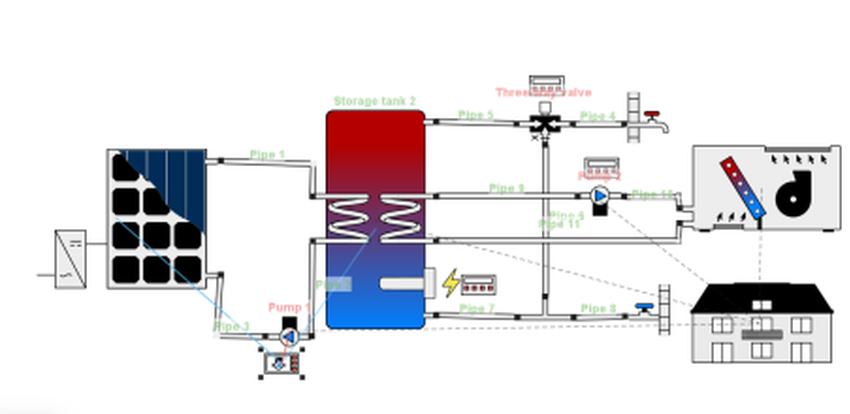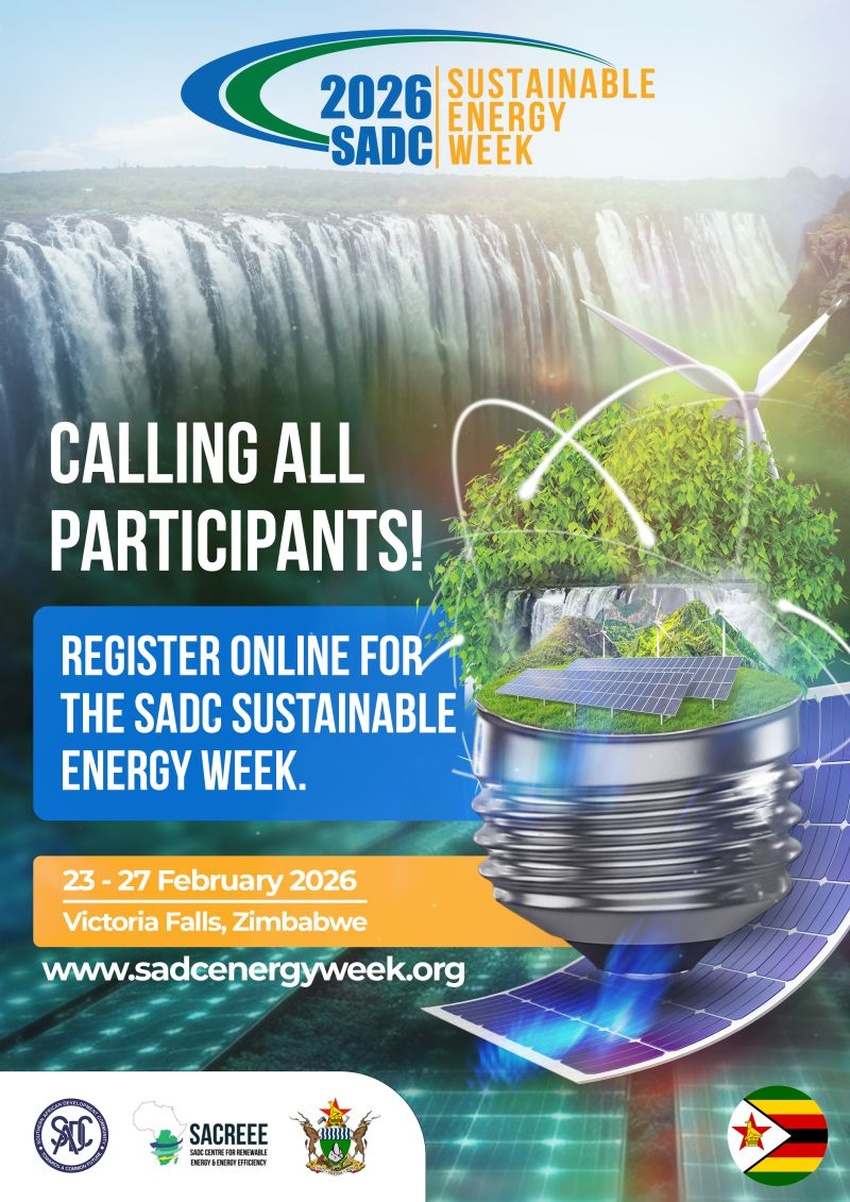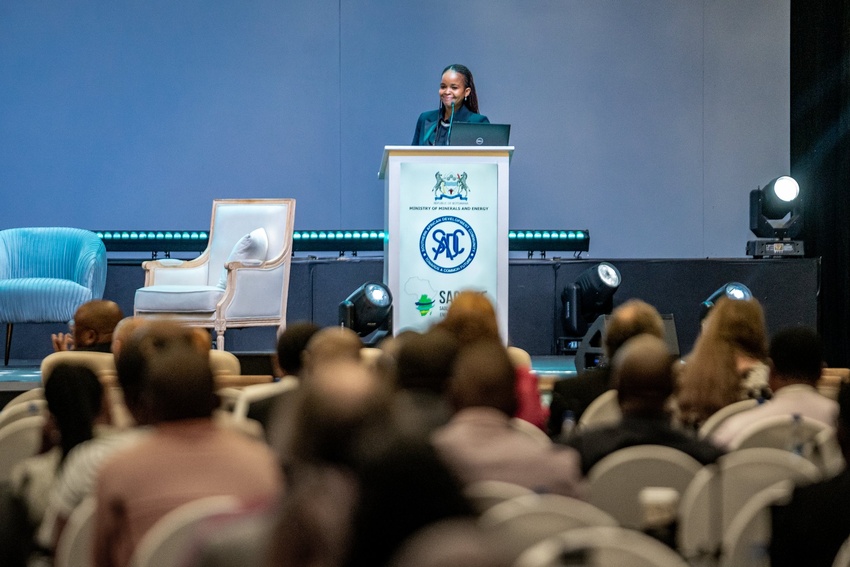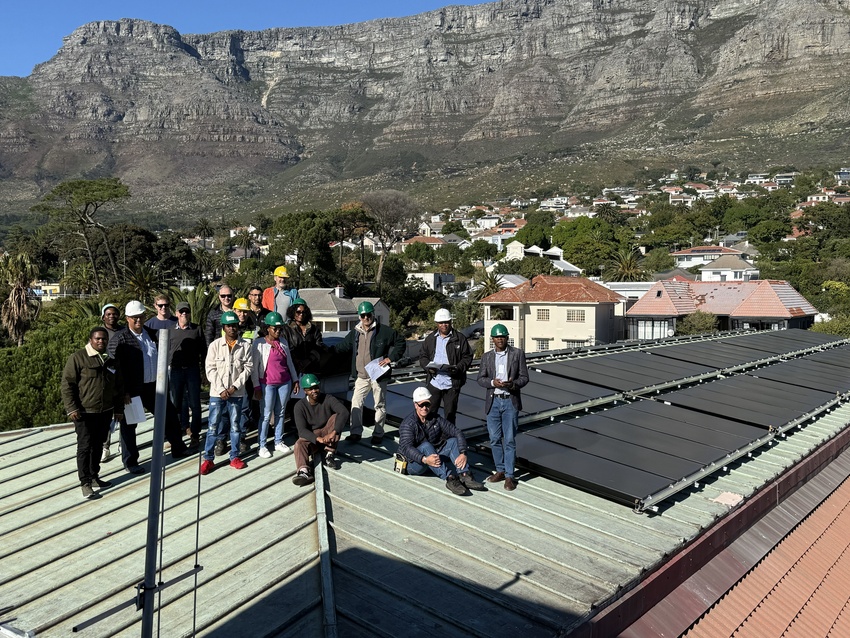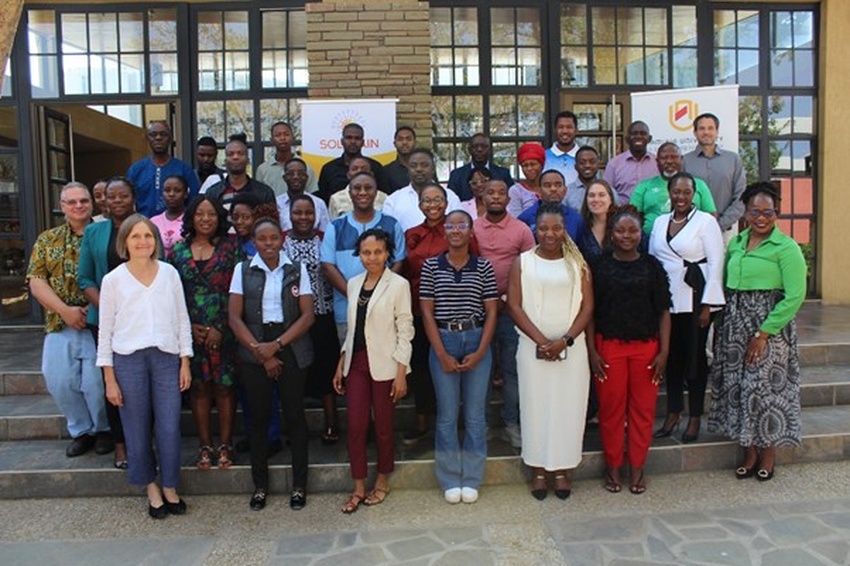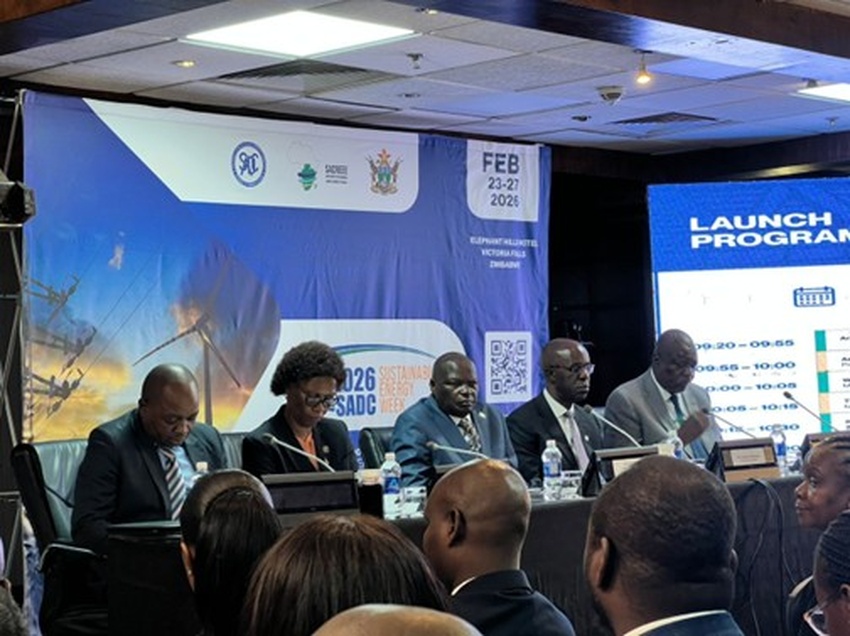South Africa: SOLTRAIN 3 conducts first workshop
Submitted by Dr Karen Surridge-TalbotPublished 9 years, 4 months ago
On the 17th May 2016, SANEDI hosted the rst workshop of SOLTRAIN 3 at the Innovation Hub in Pretoria, South Africa. The aim of the workshop was to stimulate a brainstorming session to discuss collaborative coordination, and constructive contributions for the solar thermal sector in South Africa. It included a review of the progress to date and future plans of the SOLTRAIN programme, a look at the solar thermal sector requirements in terms of technology, regulatory framework/ policy and standards (current and future), and an overview of the Solar Thermal Technology Platform (STTP) activities and coordination thus far.
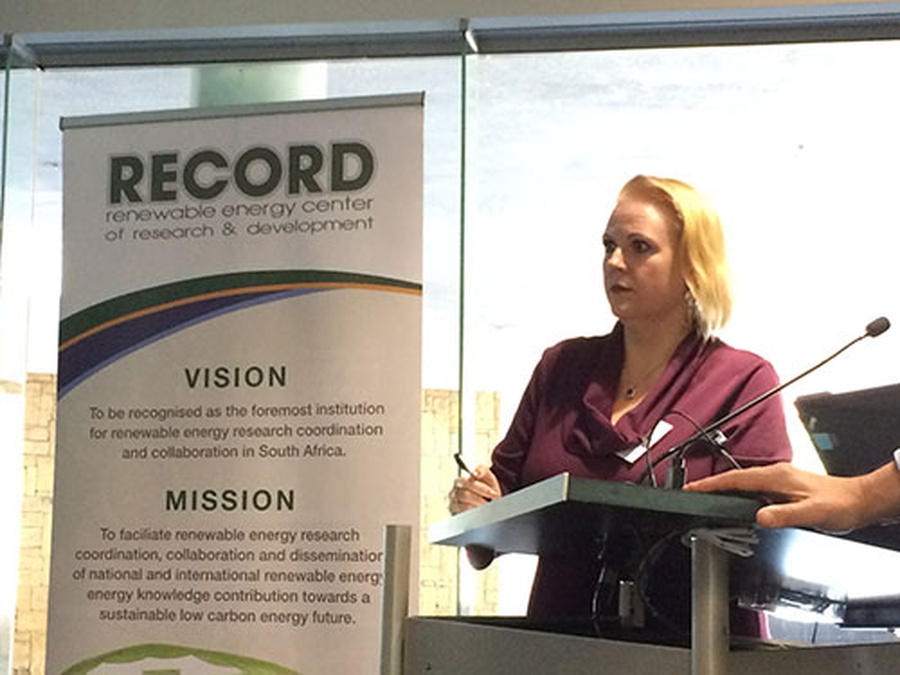
The creation of an enabling environment in the solar thermal sector will require support, reliable and motivated involvement and commitment of stakeholders from a technology, skills/training, policy, ad- ministration and nance knowledge base. This workshop focused on providing a discussion platform for stakeholders with a background in technology, skills/training, administration, policy and nance to gather and develop tailor-made solutions in order to stimulate the installations of solar thermal systems and thus contribute to job creation, security of energy supply and reduction of CO2-emissions.
The discussions that ensued from the various presentations were lively and captured the interest of stakeholders from all sectors. Some of the salient points that were focal throughout the workshop included:
- Quality control and regulation training with evaluation, with regards to accreditation issues and CPD points around quali cations, as well as the possibility of industry association accreditation.
- Intellectual property issues for technologies and how technology ownership should be addressed.
- Policy and regulations were singled out as being paramount.
- Policy support for ensuring product and workmanship quality; this to be supported by an industry message about the technology. This lead to further discussions around the potential for localisation.
- Lobbying at various levels through dissemination of information, creating awareness of and promoting the sector, training and skills development, successful implementation of projects, data management and engaging government department such as the Department of Trade and Industry (DTI) regarding the building regulation act revision.
- A definite need for a focus on what government wants and needs to know in current Solar Water Heating Programmes was identified. This is required to address the areas of regulations, standards and testing. This is important in identifying who is doing what in the government- funded work, and what these results are yielding in terms of research and development as well as localisation.
- It was also identi ed speci cally for the projects being implemented through SOLTRAIN, but also in other commercial spaces, that there is a need for maintenance contracts to be put in place that cover the warranty period on systems. This would aid in system con dence and reputation through maintaining correctly functioning systems over these warranty time periods.

